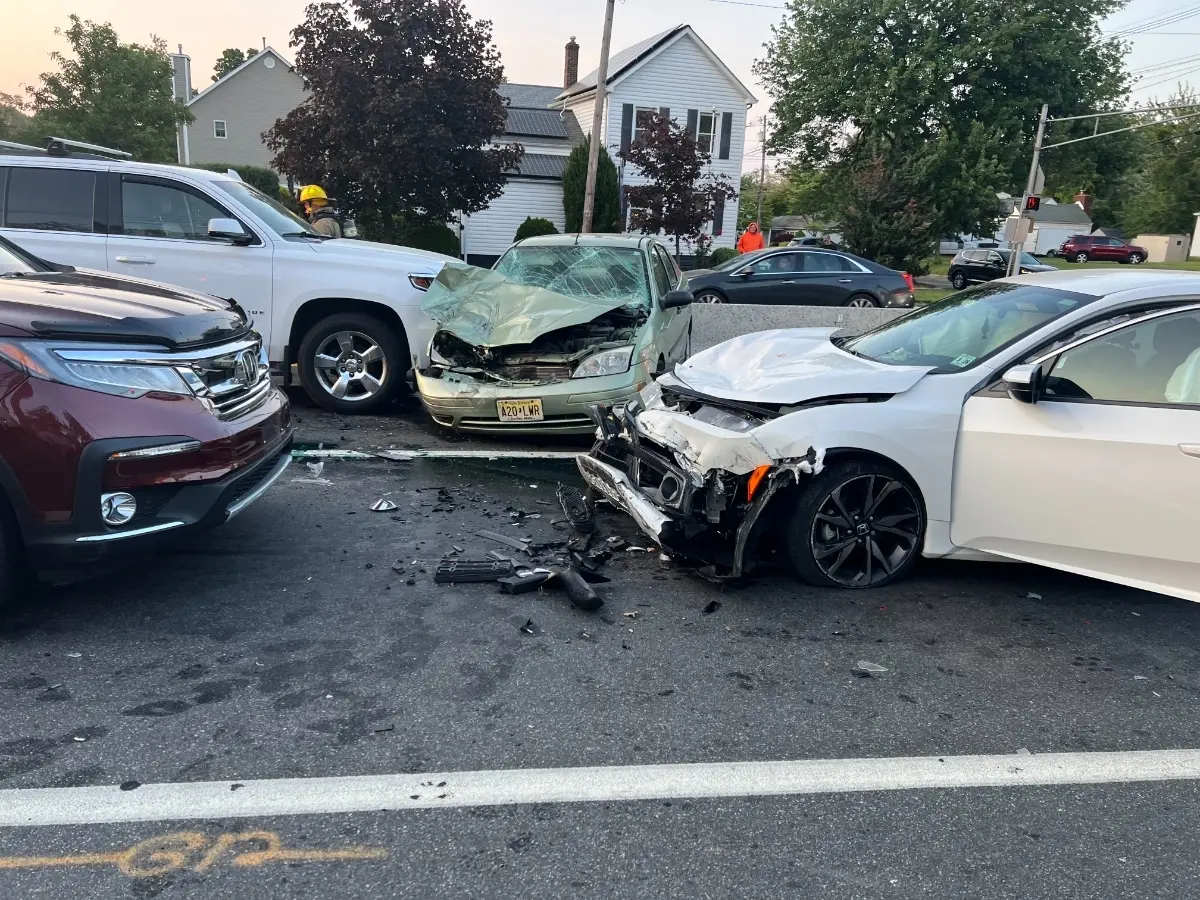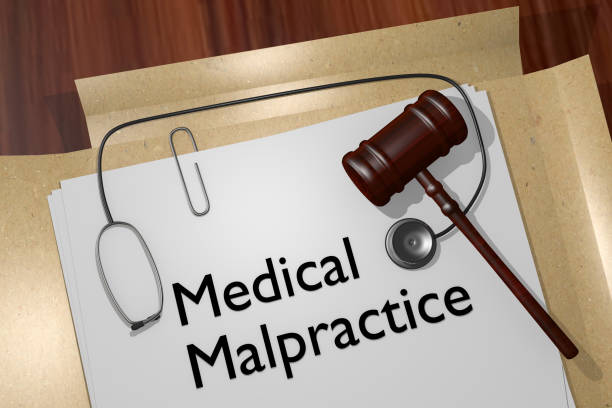Experiencing a car accident in Monmouth County, New Jersey can be overwhelming. In those moments, knowing the right steps to take is vital. First, ensure everyone is safe and call the authorities immediately. Seek medical attention, even if you feel fine. Your health matters. Document the scene with photos and collect contact details from witnesses. Next, notify your insurance company about the incident. Be clear and factual, avoiding speculation about fault. Then, contact a personal injury attorney to explore your legal options. Chamlin Law Firm can guide you. Visit https://chamlinlaw.com/personal-injury/ for more information. Remember, acting swiftly can protect your rights and aid in recovery. By staying calm and informed, you can navigate the aftermath confidently. Your safety and well-being are priorities. Let trusted professionals help you move forward. Empower yourself with knowledge and take control. Follow these steps to ensure you handle the situation effectively.
Contact Law Enforcement
After ensuring everyone’s safety, contacting local law enforcement is a must. In Monmouth County, dialing 911 will connect you with emergency services. Police officers play a crucial role in documenting the incident and can provide an official accident report. This report is essential for insurance claims and legal actions.
Gather Essential Information
Collecting information from all parties involved is crucial. Write down names, addresses, phone numbers, and insurance details of the other driver. If possible, get the badge number of responding officers and details of the police report. Additionally, taking photos of the scene, vehicle damage, and visible injuries can be useful evidence. Remember, maintaining accurate records aids in protecting your rights.
Seek Medical Attention
Even if you feel unharmed, seeking medical care is crucial. Injuries from car accidents sometimes appear later, with symptoms surfacing hours or days after the incident. A medical professional can identify and document potential injuries early. This documentation is not only critical for your health but also for future claims.
Notify Your Insurance Company
Inform your insurance provider promptly about the accident. Provide them with factual details, such as the date, time, and location. Avoid making statements about who was at fault until all investigations and reports are complete. Insurance companies use this information to process claims efficiently.
Understand Your Rights and Responsibilities
Understanding your rights and responsibilities is key. New Jersey is a “no-fault” state, meaning your insurance typically covers medical expenses, regardless of who caused the accident. However, there are exceptions and limitations. Consulting with a legal expert can clarify these complexities and ensure you navigate the process confidently.
Consult a Personal Injury Attorney
Engaging a personal injury attorney can provide invaluable support. They help interpret legal terms, manage communications with insurance companies, and pursue compensation if necessary. Legal professionals offer peace of mind by ensuring all aspects of your case are handled appropriately.
Keep Track of Expenses and Appointments
Maintaining a record of your expenses and medical appointments is important. This includes medical bills, repair costs, and any other out-of-pocket expenses related to the accident. Keeping these records organized supports your claims and assists in potential legal proceedings.
Table: Key Steps and Contacts
| Step | Contact Information |
|---|---|
| Contact Law Enforcement | 911 or Local Police |
| Medical Attention | Local Hospitals or New Jersey Department of Health |
| Insurance Notification | Your Insurance Provider |
| Legal Consultation | Chamlin Law Firm |
Stay Calm and Take Action
Staying calm in the aftermath of a car accident empowers you to handle the situation more effectively. By taking decisive and informed action, you protect your rights and well-being. Remember that you are not alone, and resources are available to support you through this process. Stay informed and proactive, ensuring you follow each step carefully. Doing so can make a significant difference in your recovery and future peace of mind.
















Comments